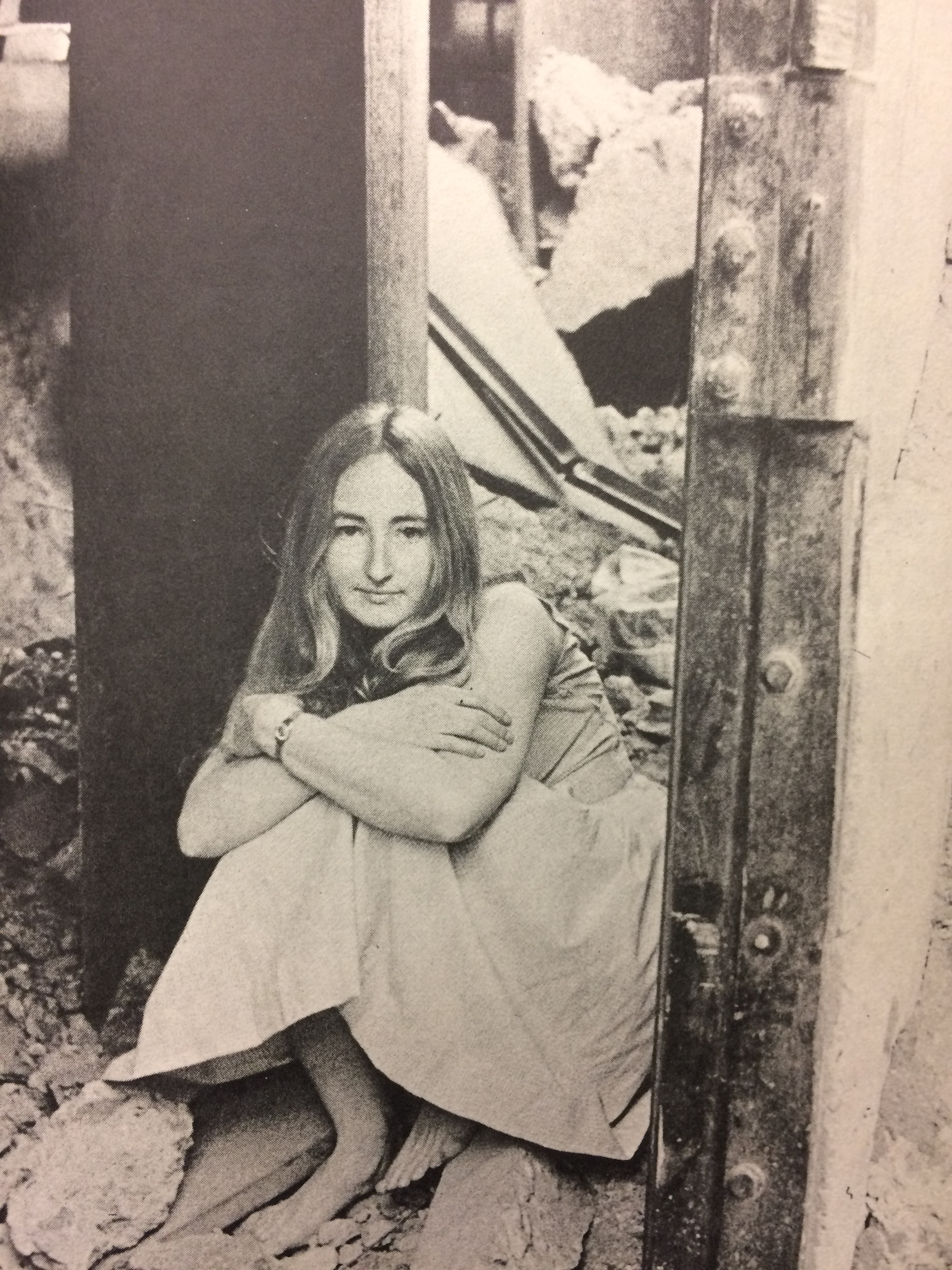In the last month, I have read six books by Richard Brautigan. Seven if you count a fourteen page book of poetry. An American author through and through (with a surprisingly large cult following in Japan), he was active from the late 60s into the early 80s due to his seamless blend of sharp realism and hallucinatory daydreams. Like a mixture of Denis Johnson and Frank Zappa.
To begin reading his material, I first picked up Trout Fishing in America, most assuredly his most well known body of work. The 1967 'novella' showcases his abstract and often surreal journeys through creeks and streams in order to catch trout. As a Hoosier, i particularly enjoyed the segment where he's trout fishing in Mooresville, Indiana, home of John Dillinger.
In the book, sometimes he's fishing alone, sometimes he's fishing with his wife and child, and sometimes he even refers to himself as Trout Fishing in America. Other times, in fact, 'Trout Fishing in America' is a message written in chalk on the backs of school children. The book is a wild ride from start to finish (only 120 pages) with most of the chapters never being more than 2-3 pages. Once finished, I was hooked.
Following Trout, I grabbed a three-part Brautigan collection from my library. Three books in one: the novel Trout Fishing in America, a 1969 collection of poetry known as The Pill Versus the Springhill Mine Disaster, and a 1968 novel known as In Watermelon Sugar. I burned through the additional two books, laughing and remaining impressed by Brautigan's short and simple poetry. Lines like “I feel like a drowned king at the pomegranate circus.” In Watermelon Sugar is his most surreal (see also: post-apocalyptic) of the bunch, but it might also be the most cohesive and fluid (with one hell of an ending).
After the three-for-one book collection, I checked out Brautigan's independent poetry release Please Plant This Book (1968), which is a handful of poems about flowers and seeds that should be planted after reading. At only twelve pages in length and originally handed out for free 50 years ago, it was sent to me in a PDF format from a nearby library. I then quickly went through Revenge of the Lawn (1971), Brautigan's only collection of short stories. Trout Fishing makes a return with a couple of 'missing chapters' while other pieces mix simplicities with surrealism in an often hypnotic and signature style.
Jumping a decade into the future, but still before my birth, I read Brautigan's 'novel' An Unfortunate Woman: A Journey, which wasn't published until after his death. It was written in 1982 but released in 1994 (he passed in 1984). It is a travel journal, for lack of a better phrase, and meanders between musings in California, Canada, Hawaii, and Chicago. It's an often depressing and brutally honest recollection, and definitely my least favorite of the ones I've read, but still an insightful and relatable read in many way.
I still have many books by Brautigan left before truly knowing his bibliography (including seven more novels and a bunch of poems), but I plan on continuing down this freaky, groovy path of an American subculture. Brautigan should be taught in schools in the same breath as Kerouac, Burroughs, Bukowski.
Now that I have finished up his book of poems Loading Mercury with a Pitchfork (1974), I plan on now reading the novel So the Wind Won't Blow it All Away (1982) and later the poems Rommel Drives on Deep Into Egypt (1970).
What a prolific amount of content for someone who was only active for about two decades (and only well known for one). I've never read anyone quite like Brautigan. I'd like to finish this feature by thanking poet/professor David Dodd Lee for putting me on to Brautigan. This past summer, he tweeted his favorite novels by Brautigan, in order, and I made sure to look into the prolific author. I'm thankful I did.











